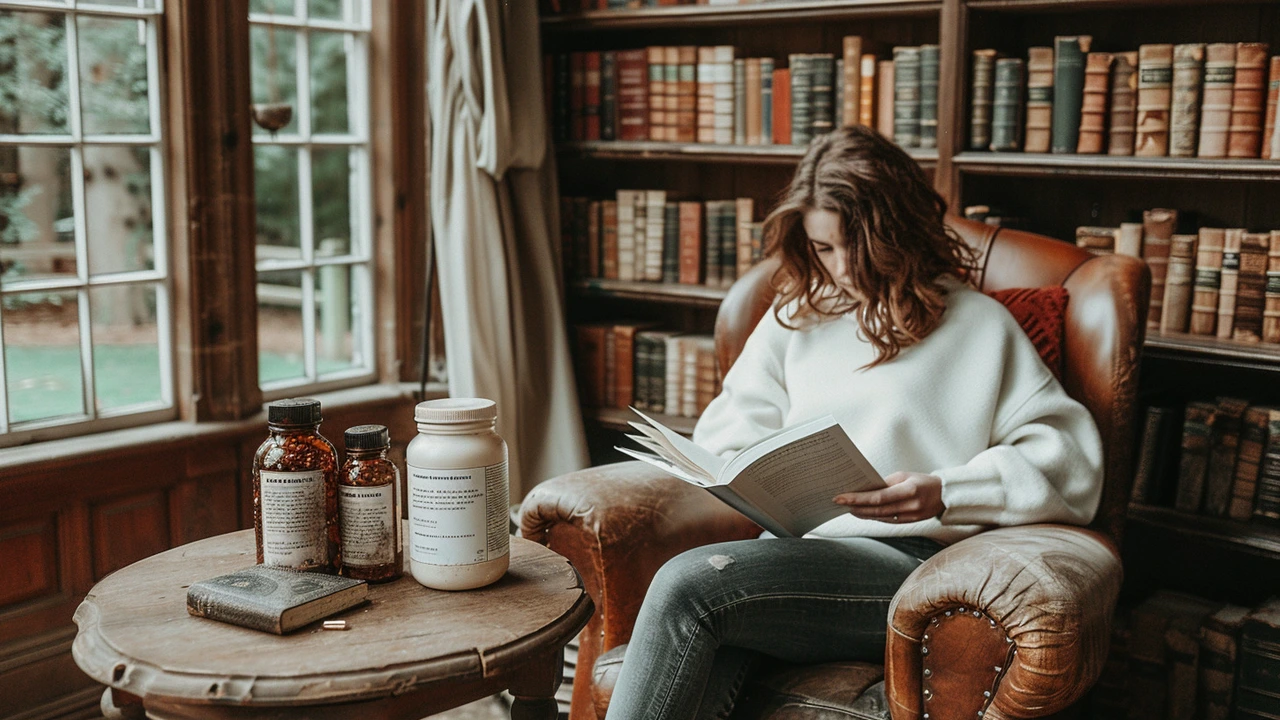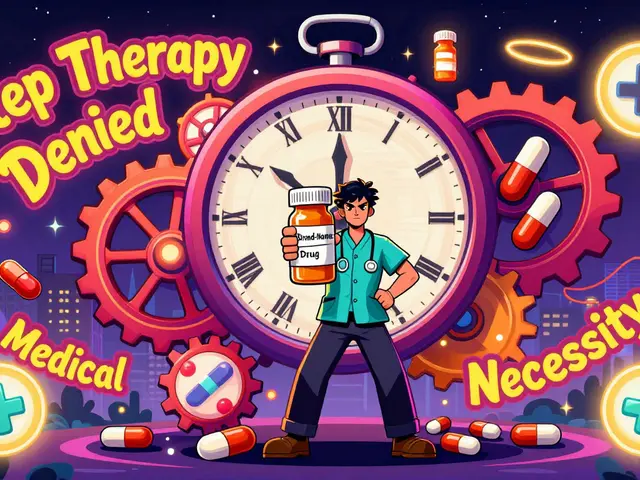Recovery: Simple, Useful Steps to Heal Faster
Want to bounce back sooner without risking side effects or setbacks? Recovery is about small, daily choices—how you take medicines, move your body, eat, and talk with your clinician. This page pulls practical advice from real medication topics (pain meds, antibiotics, diabetes drugs, statins) so you can use what works.
Medications and recovery: use them wisely
Taking the right drug at the right time speeds recovery. Follow doses exactly, don’t skip monitoring (blood tests for statins or diabetes meds), and keep a single updated list of what you take. If a drug is causing bad side effects—heavy fatigue, muscle pain, unexplained bruising—tell your prescriber. Small changes matter: avoid grapefruit with some statins, finish a prescribed antibiotic like Bactrim unless your doctor says stop, and don’t mix sedatives with alcohol or certain pain meds.
If you shop online for meds, pick licensed pharmacies and require a prescription. Scam sites sell counterfeit or unsafe pills. Look for clear contact info, a pharmacy license, and independent reviews. If a price seems too good to be true, it probably is.
Pain, function, and safer alternatives
Pain control helps you move and recover. Opioids can work short-term but carry risks. Try a plan that mixes options: acetaminophen or NSAIDs (if safe for you), topical creams, physical therapy, and targeted drugs like certain nerve medicines when needed. For longer-term pain, ask about non-opioid alternatives and step-down plans so you don’t get stuck on strong opioids. Use ice and gentle movement early, then add stretching and strengthening as pain allows.
Practical tip: set a short, daily activity goal—5–10 minutes more walking or one extra set of home exercises. Small, repeatable wins beat big, painful sessions that stop you from trying again.
Nutrition and rest speed tissue repair. Aim for protein at meals, stay hydrated, and get sleep in regular blocks. If you take thyroid or diabetes meds, time food and supplements to avoid interference (for example, many thyroid drugs should be taken on an empty stomach). If you’re unsure about vitamins or supplements, ask your clinician—some can interact with prescriptions.
Mental health affects recovery. Stress slows healing and raises pain. Use simple tools: short walks, breathing work, or talking to a friend. If substance use or addiction is part of the problem, combine medical care with counseling and community support—recovery improves when you get both.
Quick daily checklist
- Take meds as prescribed; track doses in one app or notebook.
- Move a bit every day—progress slowly, not painfully.
- Eat protein-rich meals and drink water often.
- Sleep regular hours and cut late-night screens.
- Keep follow-up appointments and lab tests on schedule.
When something feels wrong—fever after surgery, sudden swelling, chest pain, new severe weakness—call your doctor or emergency services. Recovery is about steady steps and quick action when trouble appears. Use what fits your situation, ask clear questions, and keep a simple plan you can follow every day.
Acetyl-l-carnitine for Alcohol Addiction Recovery: Benefits and Insights
Explores the potential benefits of Acetyl-l-carnitine in aiding recovery from alcohol addiction. The article covers its mechanism of action, effectiveness, and some interesting facts about its use. It also includes useful tips for integrating this supplement into a recovery plan.
The Science Behind Postoperative Inflammation in Eye Surgery
As someone who recently underwent eye surgery, I've been curious about the science behind postoperative inflammation. It turns out that inflammation is a natural response by our immune system to protect and heal the affected area. In eye surgery, this response can cause temporary redness, swelling, and discomfort. However, if inflammation becomes excessive, it can lead to complications such as scarring or even vision loss. That's why it's crucial for surgeons to manage postoperative inflammation effectively using medications and other treatments to ensure a successful and comfortable recovery.






